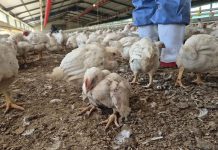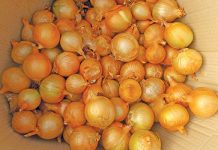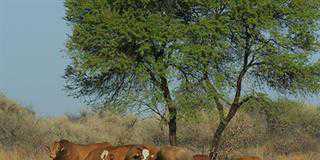
Photo: MITAS Corporation
While the traceability of retail items in the consumer goods industry has been in place for some time, the industry is now moving to serialised and unique identification at item level instead of only at batch level.
This was according to Kyle Parker, CEO of traceability solutions company, MITAS Corporation, speaking at the 6th Agbiz Grain Symposium held in Pretoria recently.
Parker said the challenges posed by ensuring the traceability of food items to ensure food safety had resulted in the industry finding innovative ways to meet this consumer need.
Moreover, environmental impact considerations were resulting in more companies in the supply chain doing away with plastic packaging.
As such, edible inkjet ink or laser markings were increasingly being used on food products as part of food traceability systems, both on local and international markets.
The company recently introduced laser marking and coding for traceability in South Africa, which was currently being used in a number of Pick n Pay outlets across the country.
“There is a drive to [create] awareness [among] consumers regarding inkjet [markings] on food products, so that they know it’s edible,” Parker said.
These markings were currently only being used on hard-skinned fruit such as melons, as well as vegetables such as gem squash, but would be introduced for soft-skin produce at a later stage.
“We are currently introducing the miniDart [system], a traceability solution that uses unique edible, invisible DNA barcodes that can be applied directly to perishable and non-perishable food [products] for traceability and adulteration defection applications,” he said.
“The grain industry in the US has invested in this technology [to ensure] traceability. For South Africa, the technology will open up opportunities for small-scale farmers to participate in international trade because of [enhanced] traceability, and [because of] its affordability.”
Having this technology in place would mitigate significant cost and risk exposure associated with food recalls, he added.










